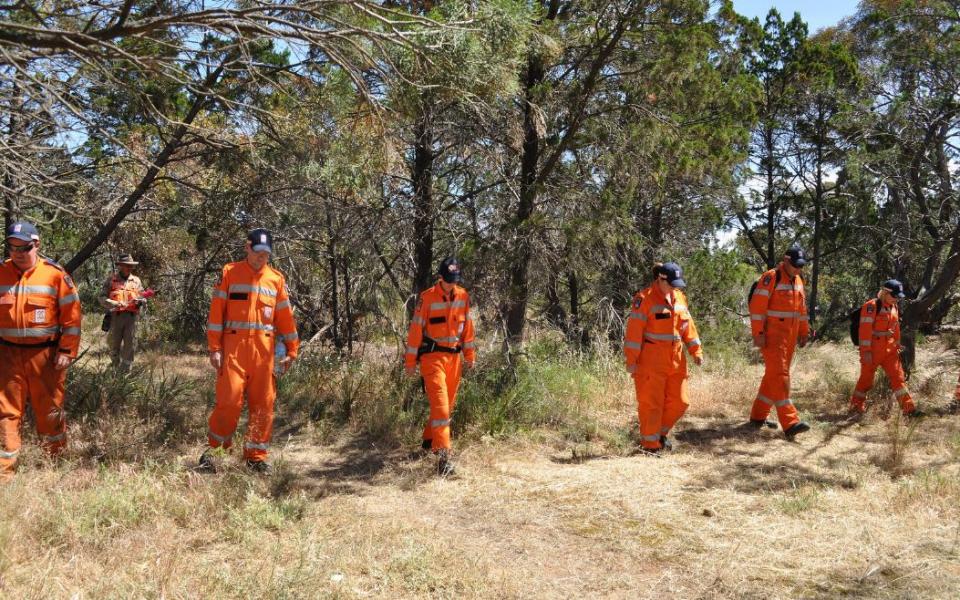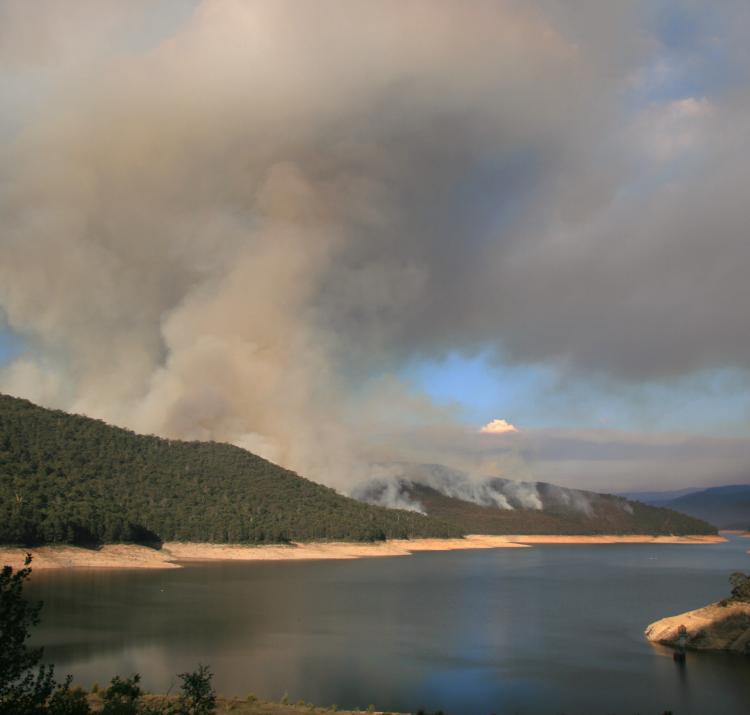Research leader
End User representatives
This project was commissioned and funded entirely by the Safer Together Program.
To enhance community resilience, this research examined the behaviour of people evacuating during a bushfire, by testing several archetypes across a range of bushfire risk reduction strategies.
This research revealed that bushfire-prone communities typically comprise seven different behavioural archetypes relevant to evacuating during a bushfire. Each of these archetypes behave differently during a fire and so have different communication and engagement needs to encourage them to take protective action.
For example, ‘threat deniers’ wait for confirmation that there is no bushfire threat. ‘Responsibility deniers’ and ‘dependent evacuators’ wait for others to take responsibility for them, while ‘community guided’ people interact with other community members before acting. ‘Considered evacuators’ leave immediately but might delay while organising dependents and taking last-minute actions. ‘Experienced independents’ are committed to remaining at home but often evacuate late and ‘worried waverers’ want to be sure that they definitely can’t defend their own before evacuating.
Together with John Gilbert at the Country Fire Authority (CFA), this research is being embedded in CFA practices to support community engagement processes, enhance bushfire human behaviour modelling and support the effectiveness of bushfire risk reduction strategies and their impacts on communities.
The research won the 2021 EMPA Research Award at EMPA's annual conference in May.









